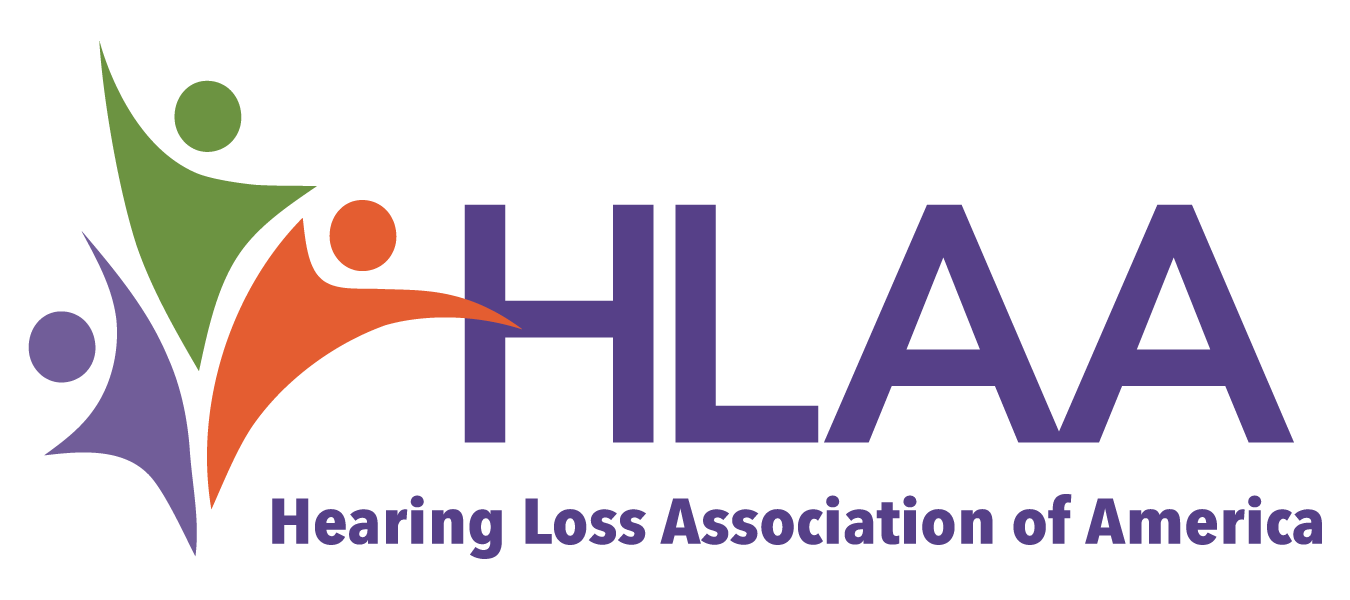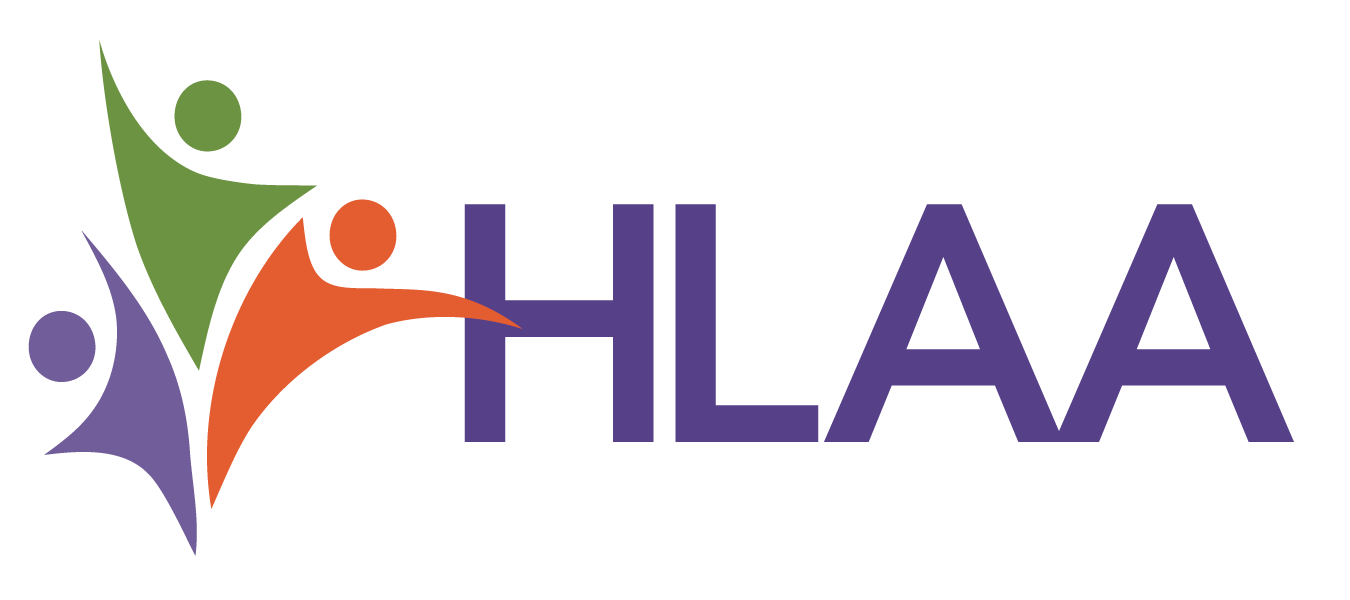Imagine this scenario: A loud explosion, maybe a bomb, maybe chemicals or maybe fireworks explode unexpectedly, and you happen to be nearby.
Maybe you are physically okay and very shaken. But suddenly you realize – you can no longer hear. Anything.
An explosion of ammonium nitrate that rocked a seaport in Beirut which killed and injured dozens of people also caused what could be described as ‘sudden’ hearing loss to many of those who were nearby. News organizations interviewing people near the exact site of the blast saw many of the victims saying, “I lost my hearing,” or “I still cannot hear anything at all.”
If faced with this situation what would you do? Where would you begin?
Amy Bernstein, Au.D., FAAA, an audiologist at Lesner Hearing Center in Alexandria, Virginia, says that if you find yourself exposed to a horrible blast you should immediately consult with an otolaryngologist (also known as an ear, nose, and throat physician).
Bernstein says that sometimes right after a loud explosion, some form of trauma can occur anywhere in the outer, middle, or inner ear or even all three. “Most damage to the outer ear will not affect a person’s hearing,” says Bernstein. “Exposure to loud blasts to the outer ear though could reduce a person’s ability to localize sounds, in terms of where the sound originates.”
Surgery is often an option for those who suffer hearing loss caused by damage to the middle ear. Hearing can be recovered in full or in part or on its own after surgery. Bernstein says that hearing aids or assistive listening devices are typically necessary following damage to the inner ear.
Bernstein, who as an audiologist specializes in custom hearing aid fittings that account for an individual’s hearing loss, says audiologists can help in identifying the part of the ear that is affected by a loud blast and help figure out the severity of the injury.
“If it is determined that the hearing loss is permanent and medical intervention is not an option or was unsuccessful, an audiologist can recommend hearing aids or listening devices with appropriate amplification,” she says. “An audiologist can also help manage other symptoms that occur from exposure to an explosion such as tinnitus or dizziness.”
For those who end up in the unfortunate situation such as the victims of the blast in Beirut, Bernstein says that as hard as it may seem, take things one step at a time. She says that you will feel overwhelmed and end up trying to process a lot of information at once, especially with the anxiety-provoking thoughts of permanent hearing loss.
“You are encouraged to ask your doctors to repeat their advice to you, whether it’s during your initial visit or at a later date,” she says.
Ultimately, you will be in good hands seeing specialists and physicians that will help guide you through your course of care.

